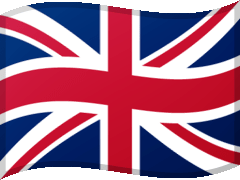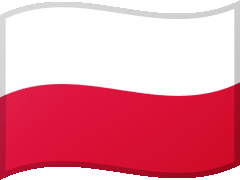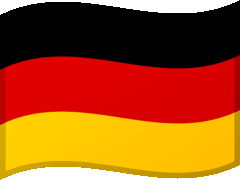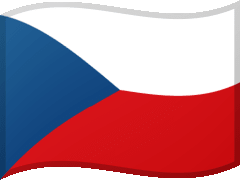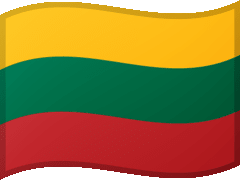The worsening economic situation was the reason why the authorities of the Hungarian Socialist Workers' Party (MSZMP) forced János Kádár to resign in May 1988. Károly Grósz became the party leader, initiating the process of liberalisation of the political system. As a result of the Association Act of 10 January 1989, Hungarians were granted the possibility of association in independent organisations. As early as only half a year later, the opposition parties sat down at the Round Table. In this way, representatives, chosen on 13 June 1989, started negotiations at the Round Table with the leaders of the MSZMP and delegates of organisations associated with the state apparatus. The agreement reached on 18 September defined fundamental changes to the political system. The Hungarian People's Republic transformed into the Republic of Hungary with an amended constitution and a multi-party political system. The Republic Day celebrated on 23 October became a new national holiday, to commemorate the outbreak of the anti-Communist Hungarian revolution in 1956.
The date of the free elections was set as 23 March (the second round on 8 April) 1990. Even before these elections, the MSZMP had been dissolved and the Hungarian Socialist Party had been established. However, in January 1990, documents proving that the secret services had been keeping the opposition parties under surveillance came to light. The ”Dunagate” affair brought the post-Communists down.
The democratic elections were won by the Hungarian Democratic Forum (MDF), a Christian democratic party led by a participant of the Hungarian uprising in 1956, József Antall, obtaining 42.5% of votes. The MDF formed a coalition government with the Independent Smallholders' Party (FKgP), which won 11.4 percent of the votes, and the Christian Democratic People's Party (KDNP) with 5.4 percent of the votes. The post-Communist Hungarian Socialist Party won barely 10% of the votes.
The parliament appointed Antall as prime minister on 23 May. Then, on 4 August, Árpád Göncz, a writer and at the same time, for many years, a political prisoner was elected president.
The ongoing transformation was called the “negotiated revolution” as it was not initiated by a rebellion of the society. It was completed by two rounds of mayoral and local government elections in September and October 1990.
In the meantime, Antall’s government initiated economic reforms. One side effect of the marketisation of the economy and privatisation was unemployment which reached a level of 14%. This was all accompanied by falling income and an increase in frustration. Its greatest manifestation was a huge protest of taxi drivers, which broke out on 23 October 1990, after petrol prices had increased. Mass road blockades paralysed the country. The crisis was resolved after 5 days, when the government promised compensation to the protesters for the expensive fuel. Prime Minister Antall also addressed the issue of the Hungarian minorities living in neighbouring countries. His speeches on the unity of the nation were interpreted as an attempt at undermining the treaty of Trianon. Despite this, in November 1990, Hungary became the first country from among the post-Communist countries admitted into the Council of Europe.
